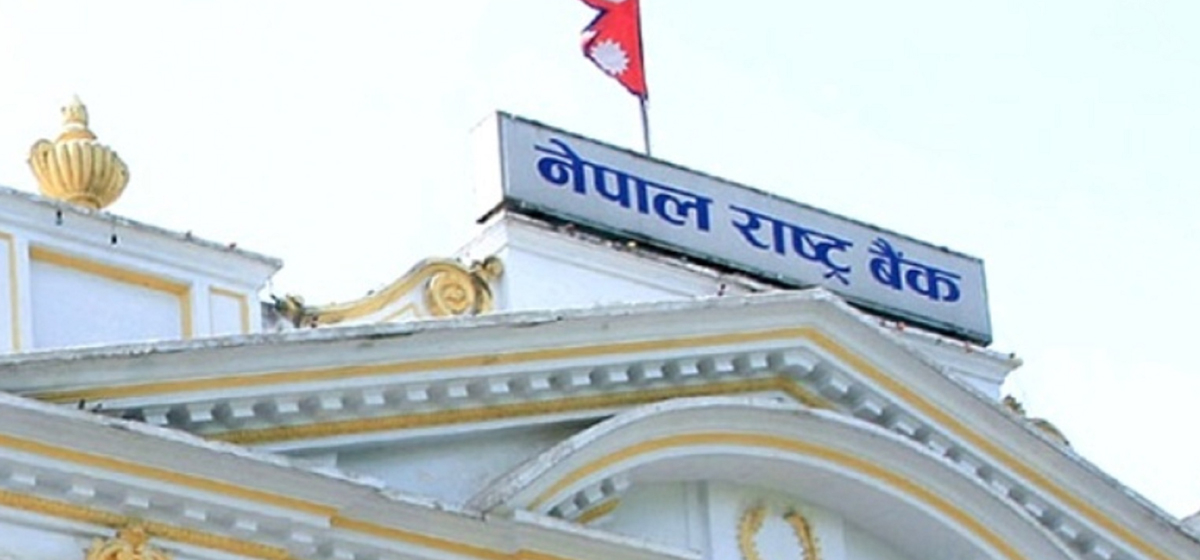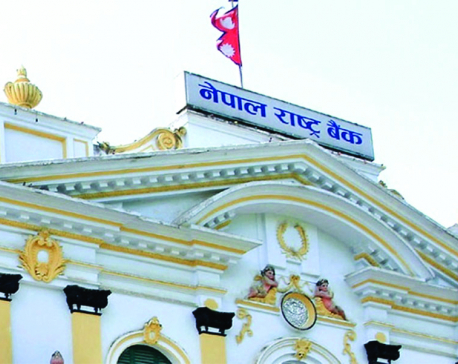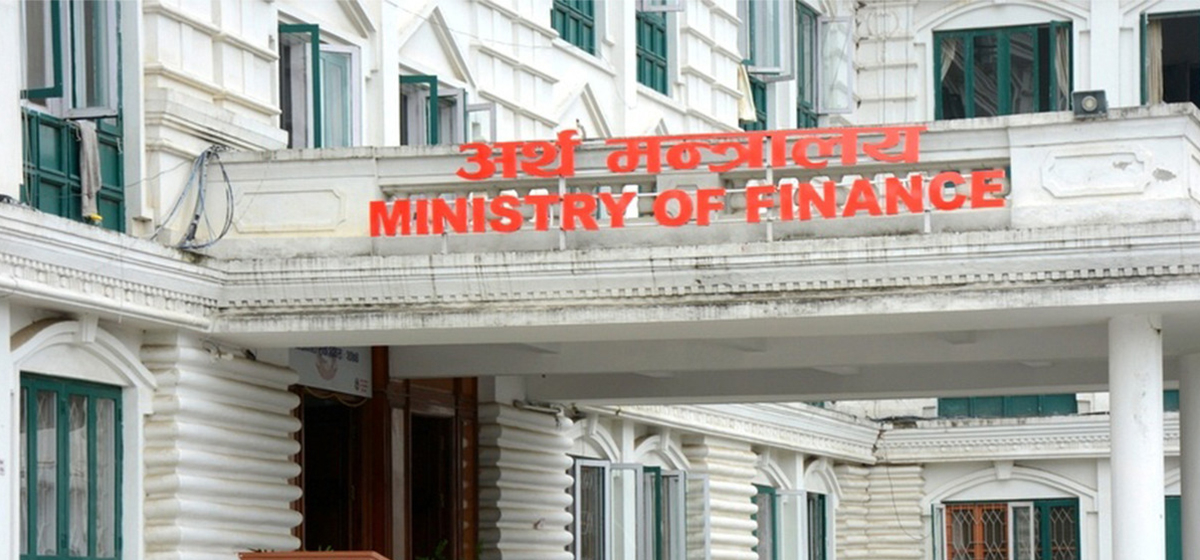
OR
NRB flexes criteria on working capital loans, removes yearly account zeroing rule
Published On: August 28, 2023 02:03 PM NPT By: Republica | @RepublicaNepal

KATHMANDU, Aug 28: Nepal Rastra Bank (NRB) has introduced a new policy, revising its existing criteria, which exempts working capital loans up to Rs 30 million extended to the productive sector from adhering to certain criteria.
In a circular issued on Monday, the central bank provided relief to the manufacturing sector, thereby giving a boost to the country's productive segment. The term ‘manufacturing industry’, according to the NRB, refers to an industry that adds value to raw materials or semi-finished goods through human effort or machinery.
The aforementioned standard does not apply to loans up to Rs 10 million extended to other sectors. In such cases, the respective banks are authorized to set the credit limit.
For the productive sector, businesses with an annual turnover exceeding Rs 30 million and up to Rs 40 million should consider an amount equivalent to 20 percent of their turnover when determining the working capital loan. The same rule applies to loans above Rs 10 million and up to Rs 20 million for other sectors.
Banks are now allowed to offer working capital loans up to 50 percent of the maximum annual turnover based on the industry, business, or operating cycle of the companies. This is an increase from the previous limit of 40 percent.
Furthermore, loans of Rs 40 million extended to the productive sector and loans above Rs 200 million extended to other sectors are required to be categorized by banks as either permanent or fluctuating needs, as done previously.
In the case of loans allocated by banks as dynamic needs, up to 25 percent of the transaction amount should be considered as the credit limit. Notably, the working capital loan limit for such fluctuating needs has been set at up to 40 percent of the annual turnover of these businesses based on their operating cycle. This marks a change from the prior absence of a 40 percent limit. Loans categorized as fluctuating requirements will have a one-year term and are renewable.
Under the new arrangement, borrowers who obtain working capital loans are not obligated to zero their account once a year. A new provision has been introduced allowing at least 10% of the amount to be retained in the account annually.
Industrialists had been advocating changes to the annual account zeroing requirement.
Additionally, a provision has been established for granting emergency working capital loans to seasonal businesses (e.g., those involved in purchasing chemical fertilizers, festival-related enterprises, etc.) based on justifications.
Even if a customer is unable to provide audited financial statements, banks now have the authority to renew or review loans. The customer will be granted a specific period to submit such details.
Previously, banks were determining the credit limit solely by comparing actual financial statements of businesses and organizations with estimated statements from the same period and conducting variance analysis.
Likewise, when renewing and reviewing loans issued for five-year projects under contract agreements related to government, semi-government, and national organizations, the loan limit will not be reduced through variance analysis. This provision will only be applicable for the project's duration.
You May Like This

NRB issuing Rs 30 billion repo
KATHMANDU, Sept 23: Nepal Rastra Bank (NRB) is issuing a repurchase agreement (repo) worth Rs 30 billion. ... Read More...

Financial institutions report 1,351 suspicious transactions in FY 2018/19
KATHMANDU, Jan 15: The number of reports on suspicious transactions that the Financial Information Unit (FIU) under Nepal Rastra Bank ... Read More...

Outbound Nepalis spent Rs 68 billion in nine months
KATHMANDU, May 23: Nepalis travelling abroad spent a total of Rs 67.94 billion in first nine months of the current... Read More...




Just In
- Nepal received FDI of Rs 270 billion in the past three decades
- A Modest Call for a ‘Nepali-First Strategy’
- Nepal Investment Summit 2024: Private Sector's Voice
- Vote counting in Ilam-2 and Bajhang-1(a) to begin today
- Nepal Investment Summit-2024 kicks off today
- Govt proceeds with sovereign credit rating process stalled for three years
- Investing in Nepal for a Noble Cause
- Sunkoshi-Marin Diversion Project’s tunnel construction nears completion, breakthrough scheduled for May 8







-1200x560-wm_20240427144118.jpg)






Leave A Comment